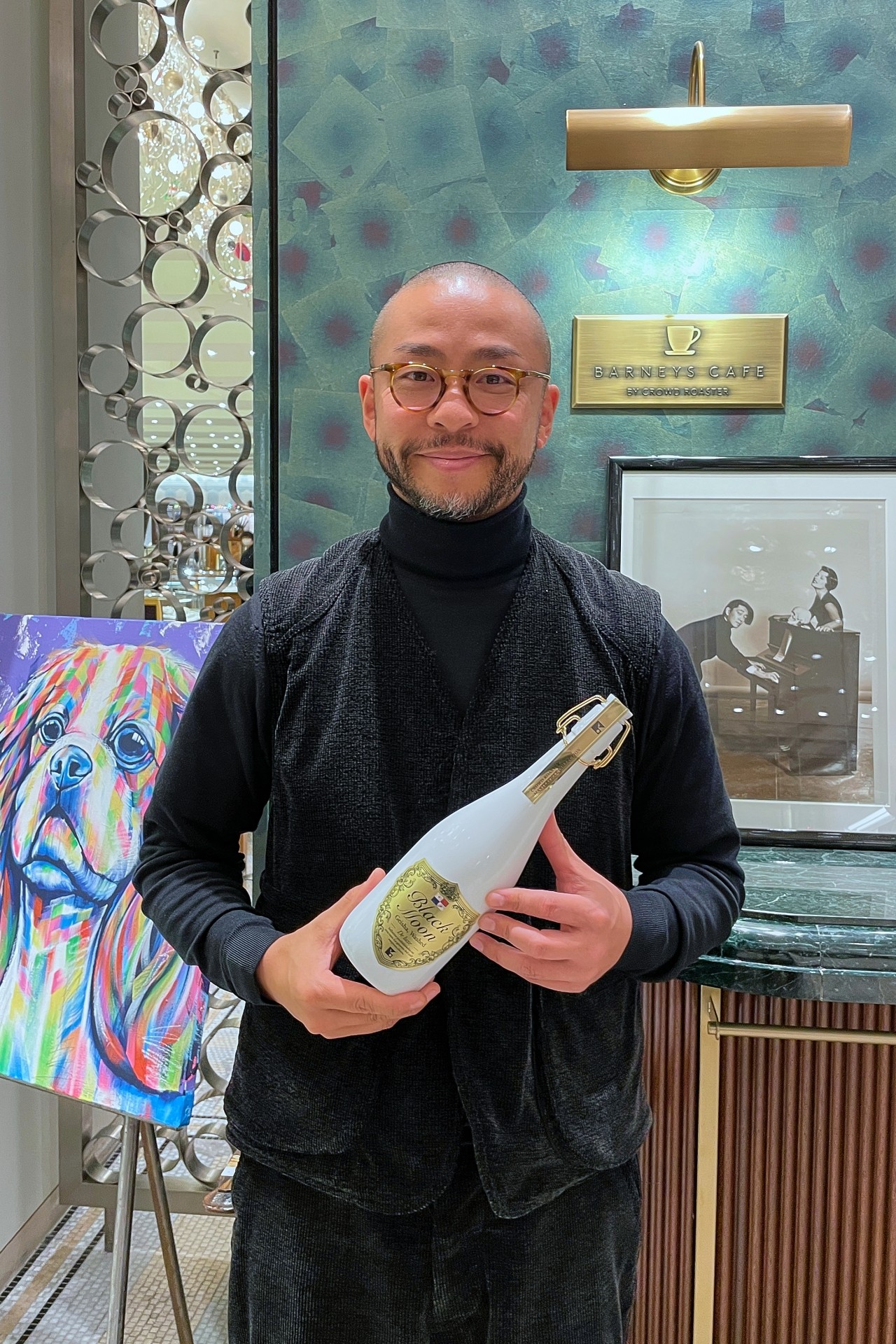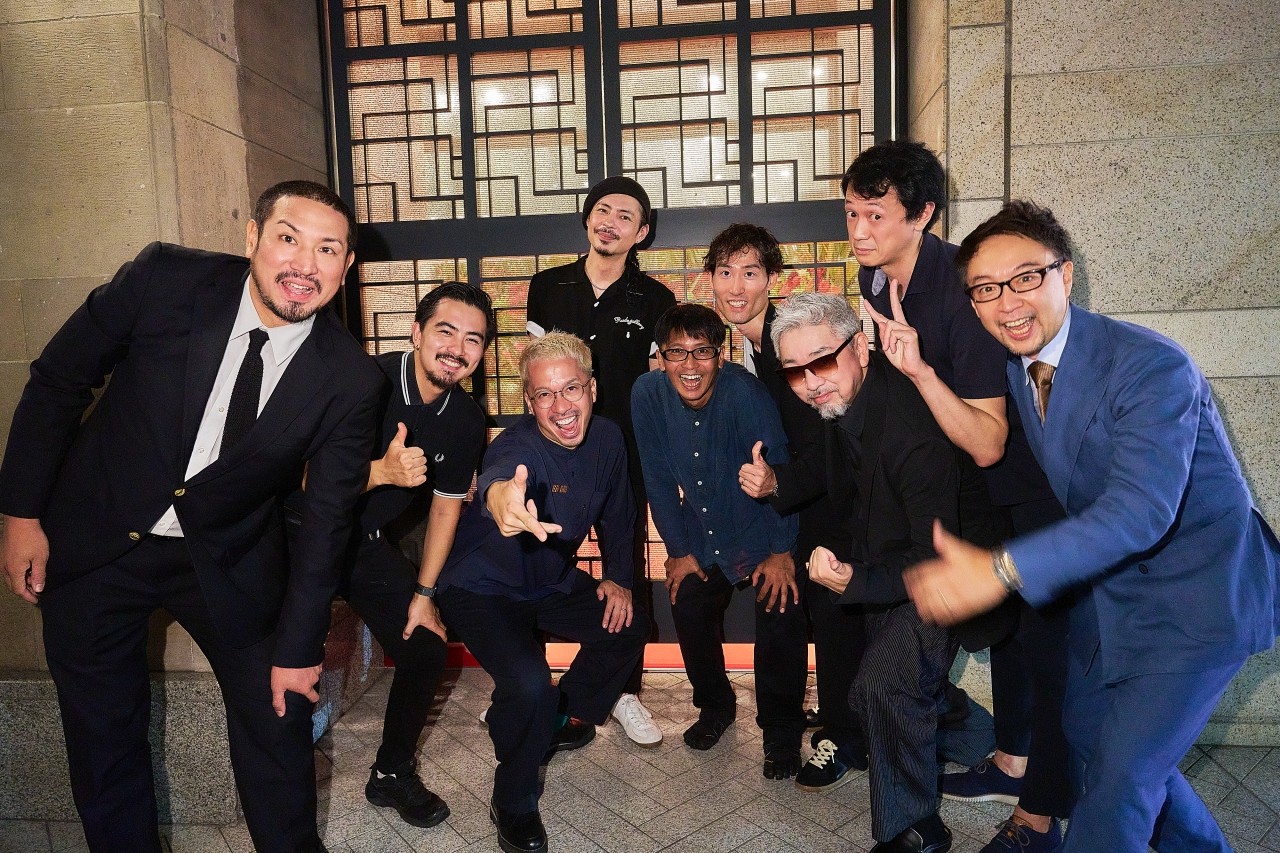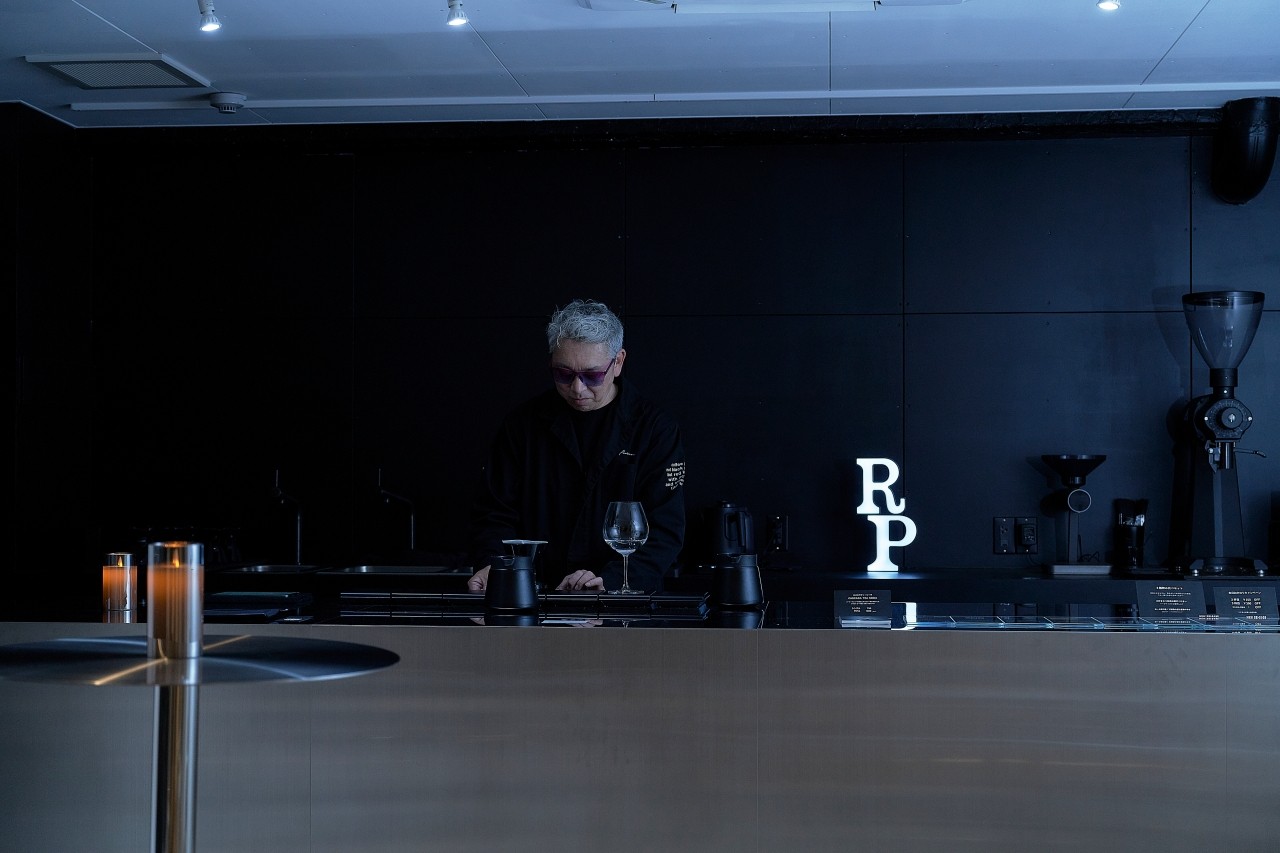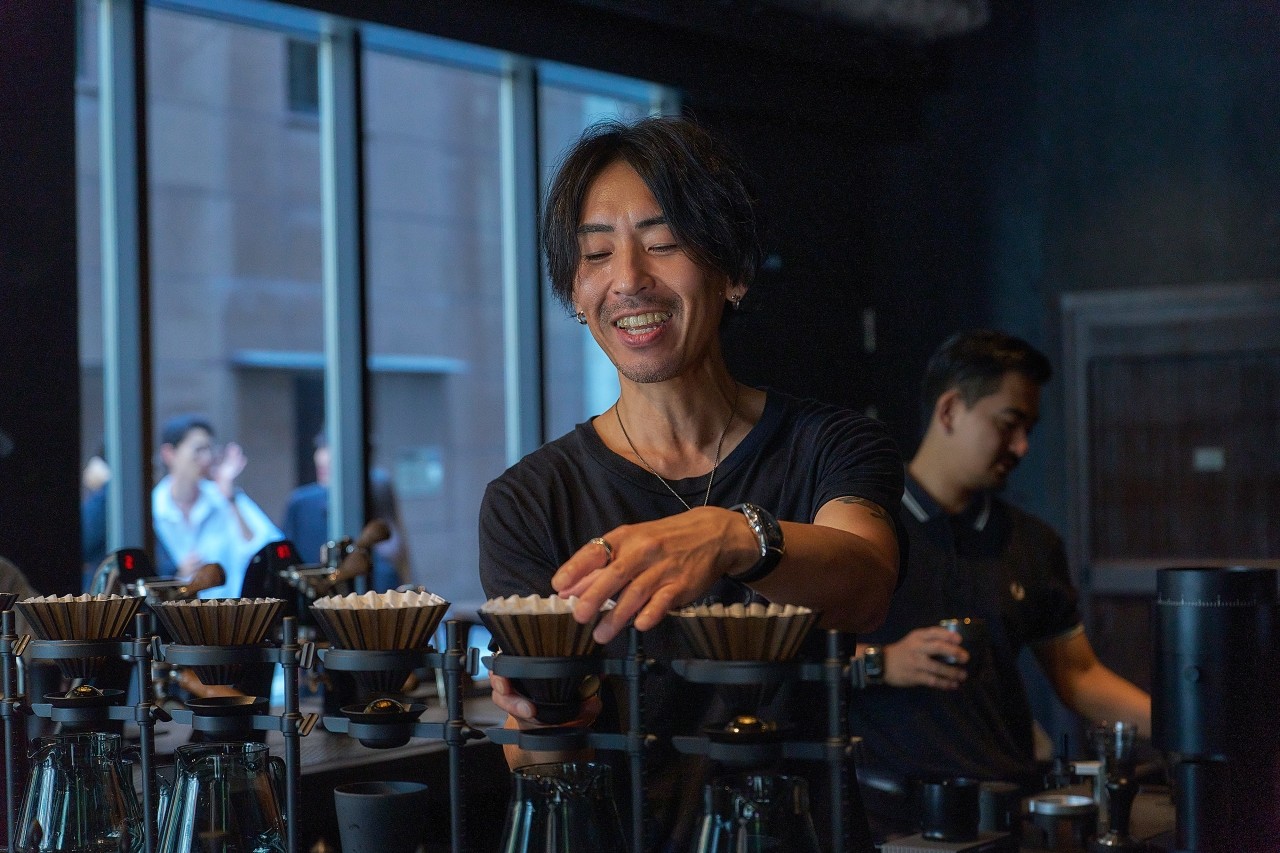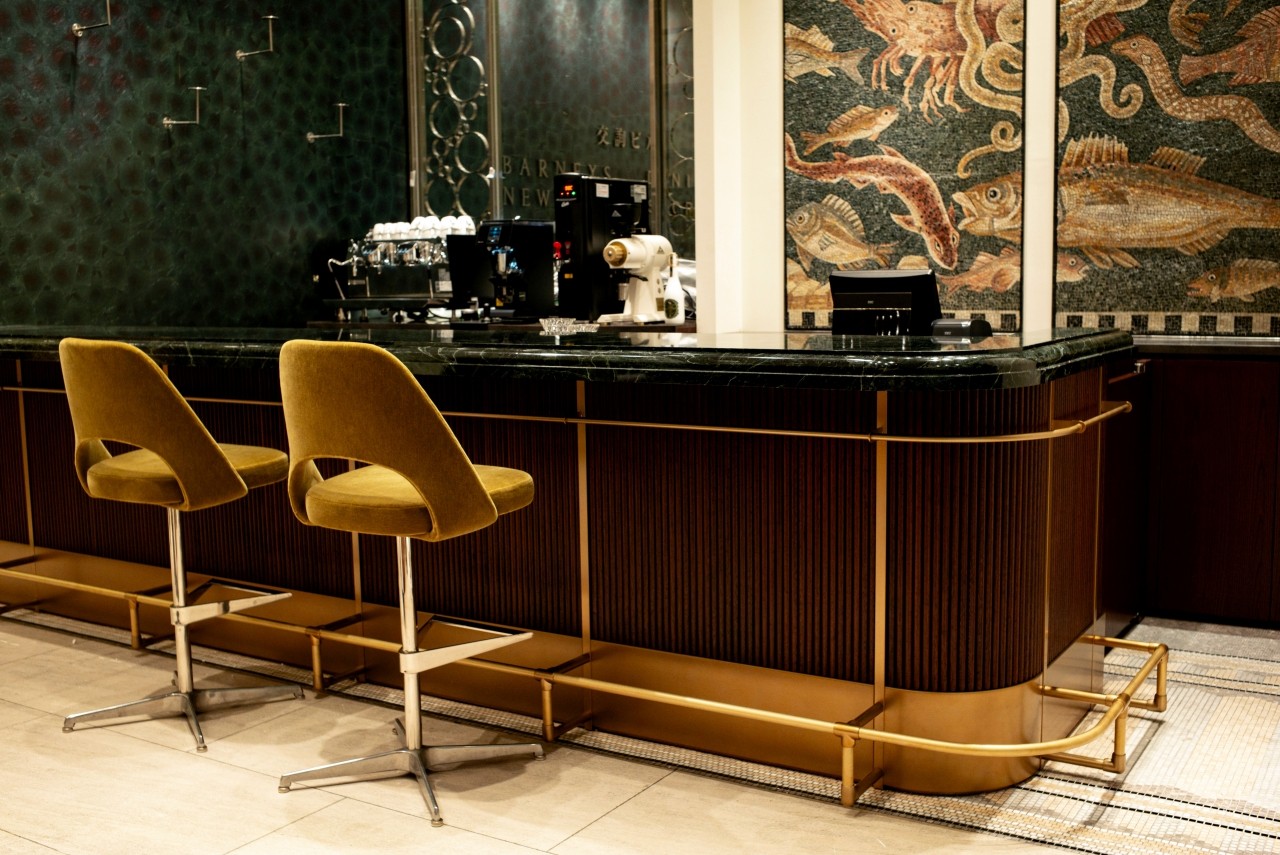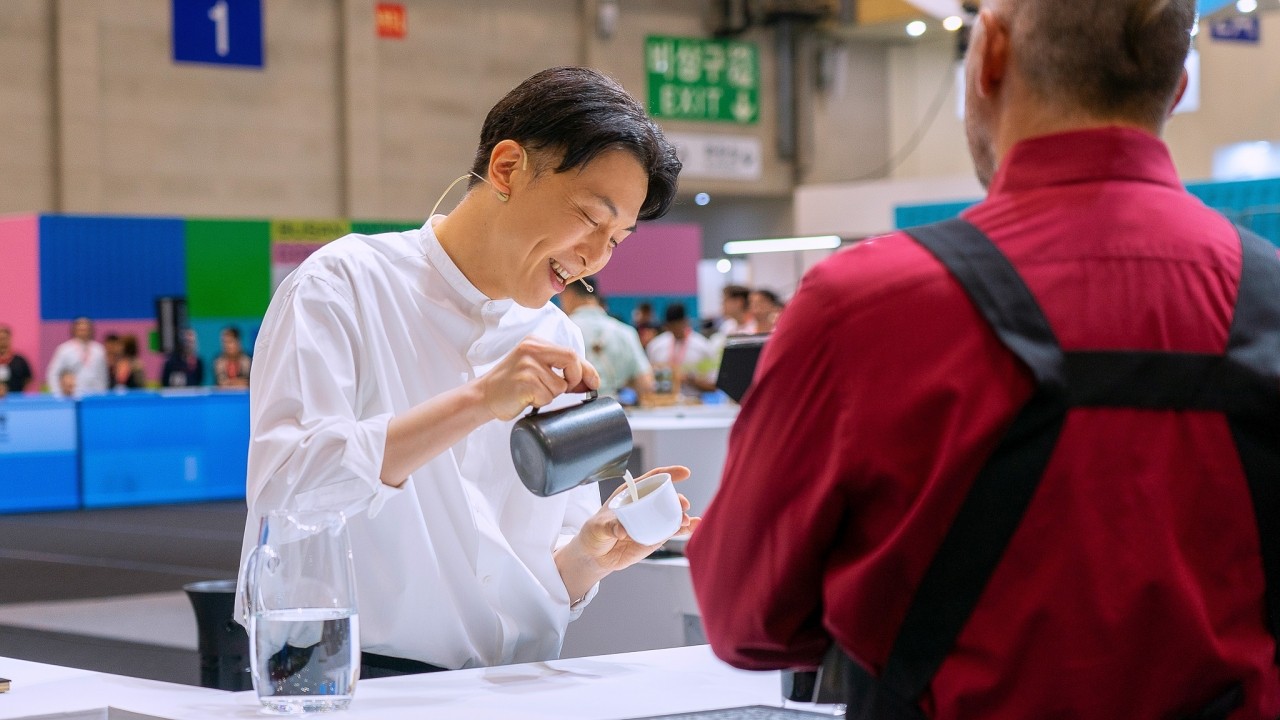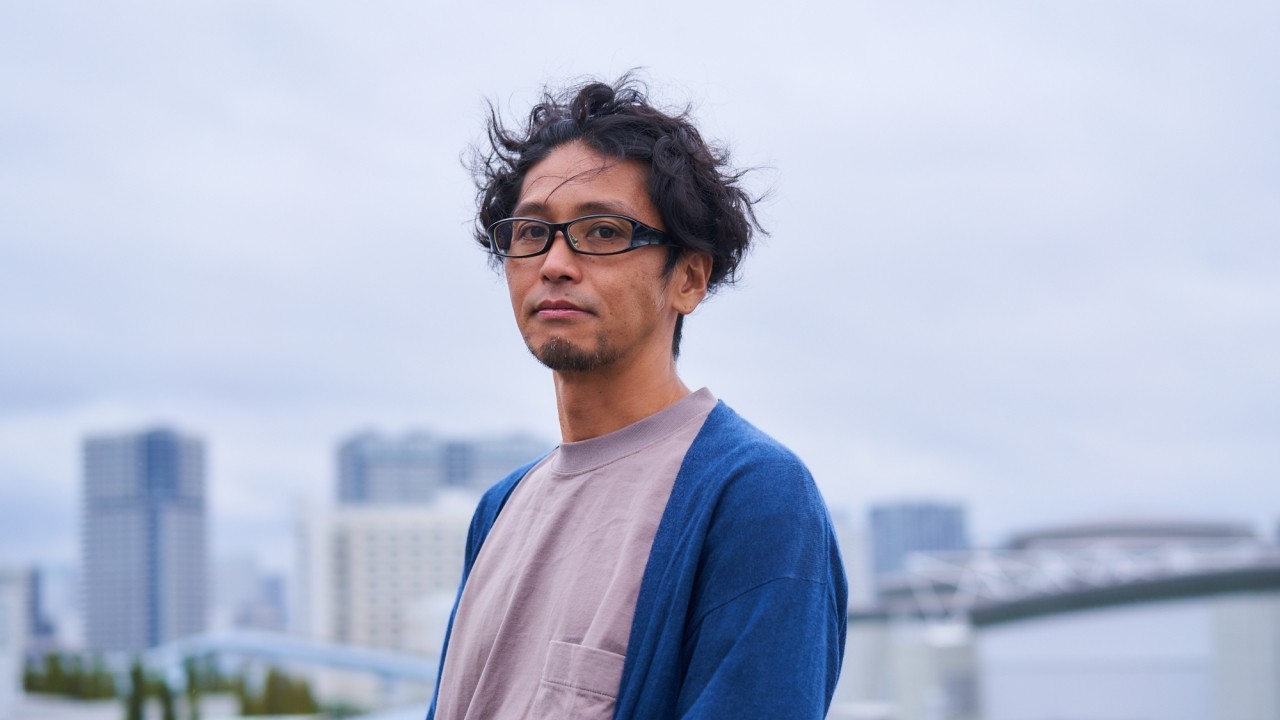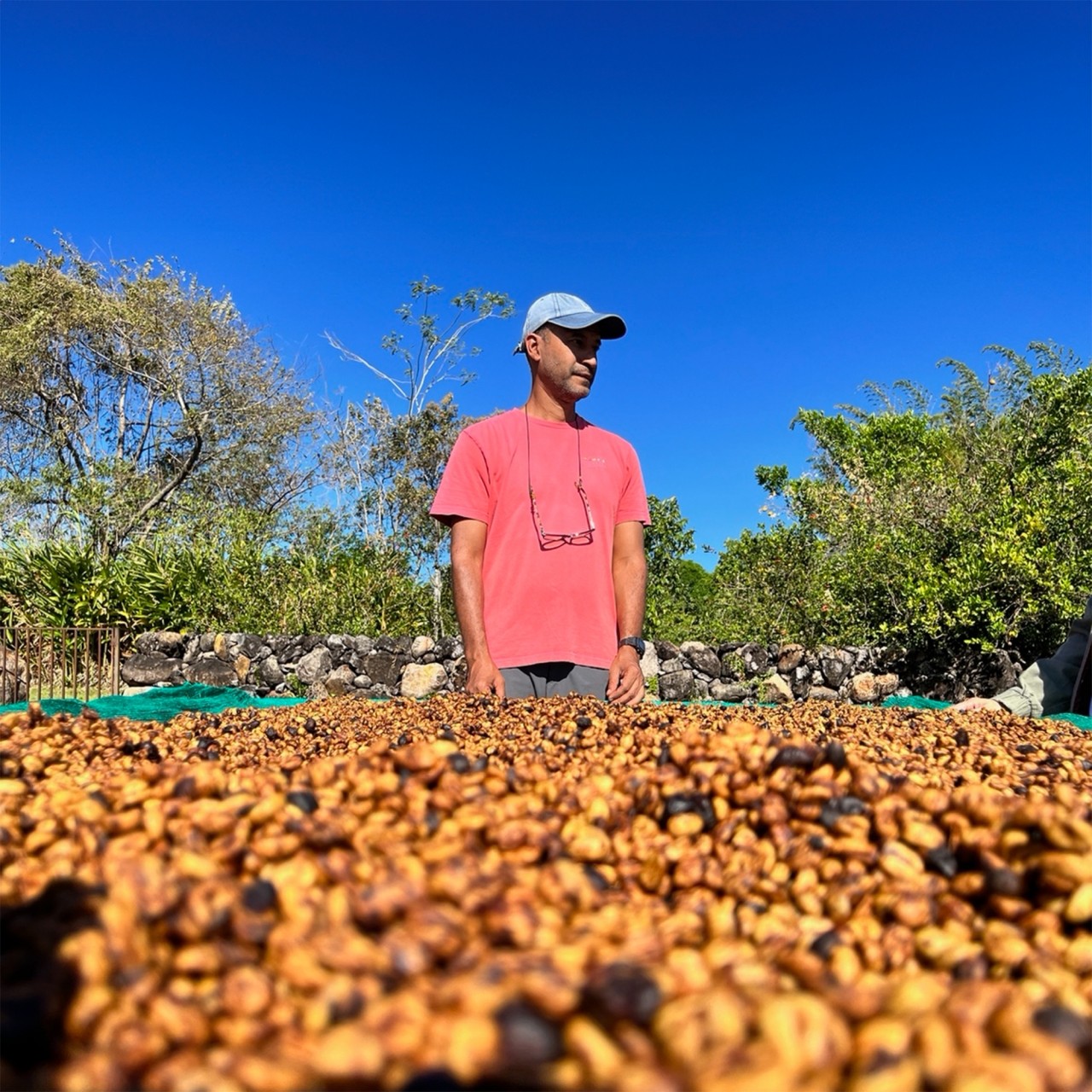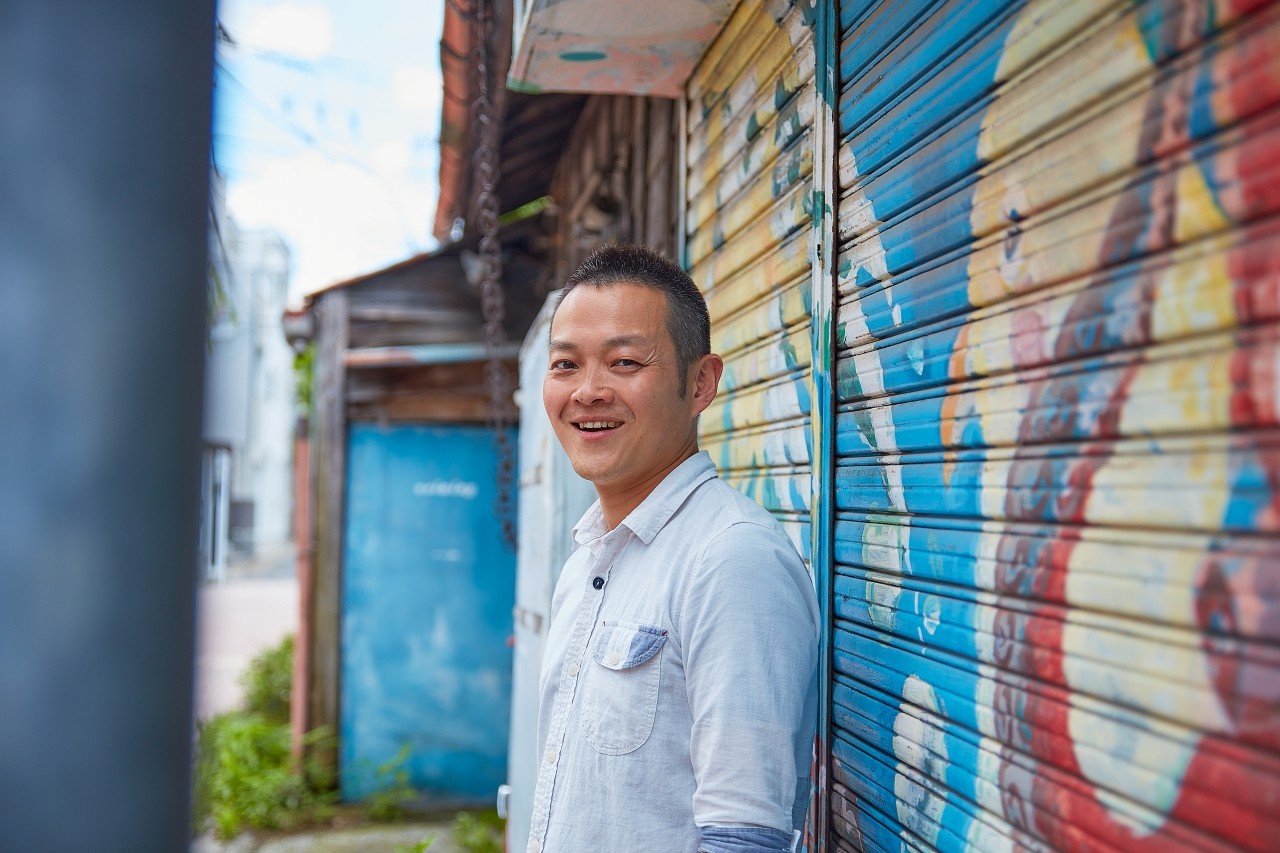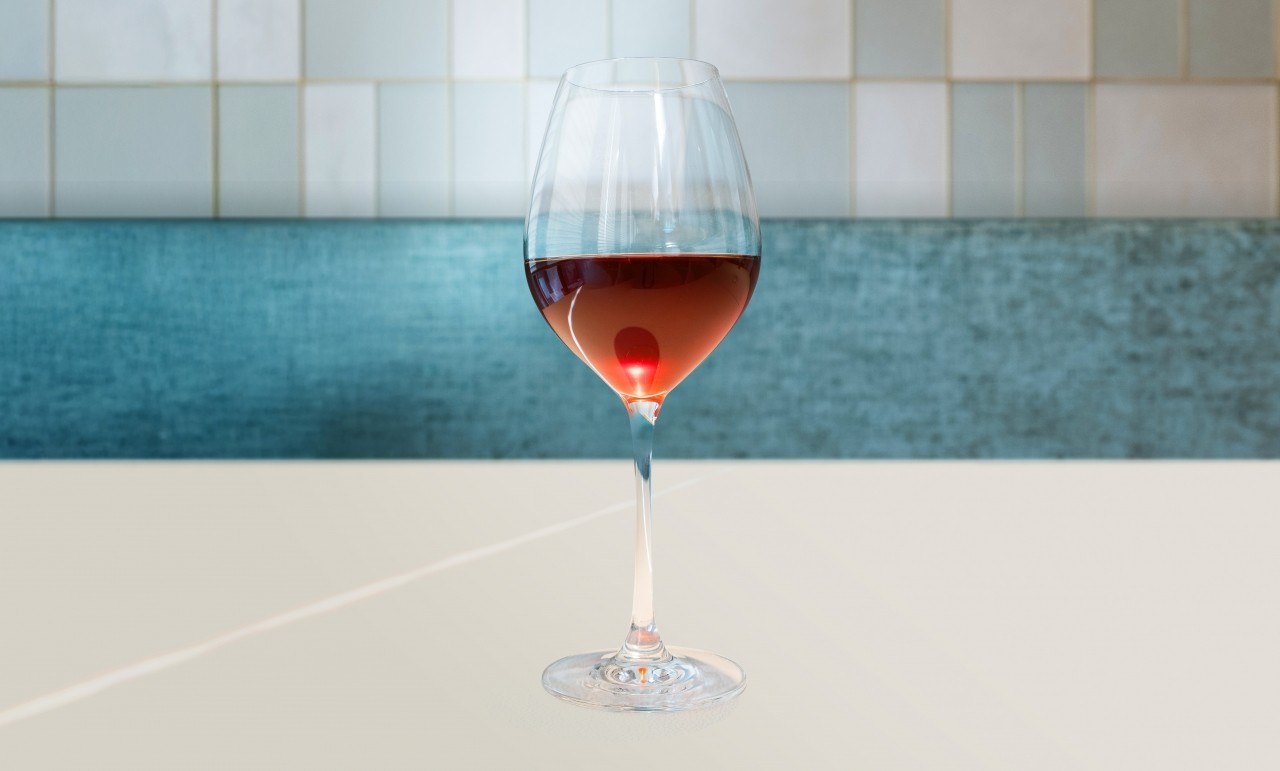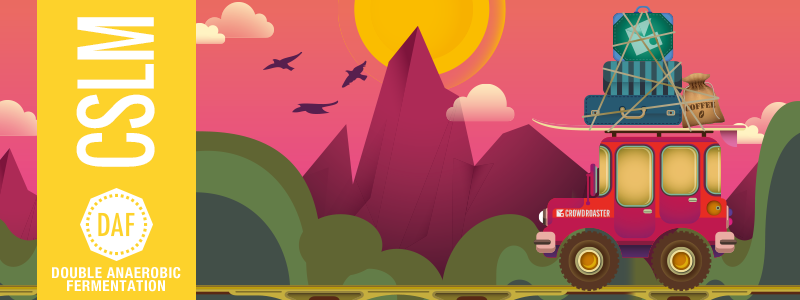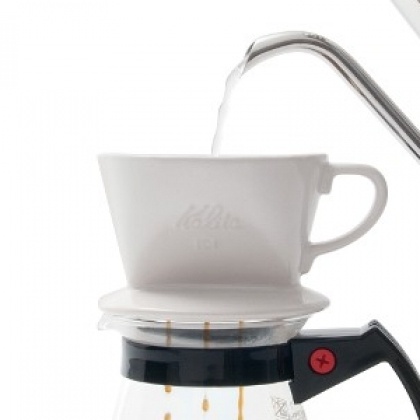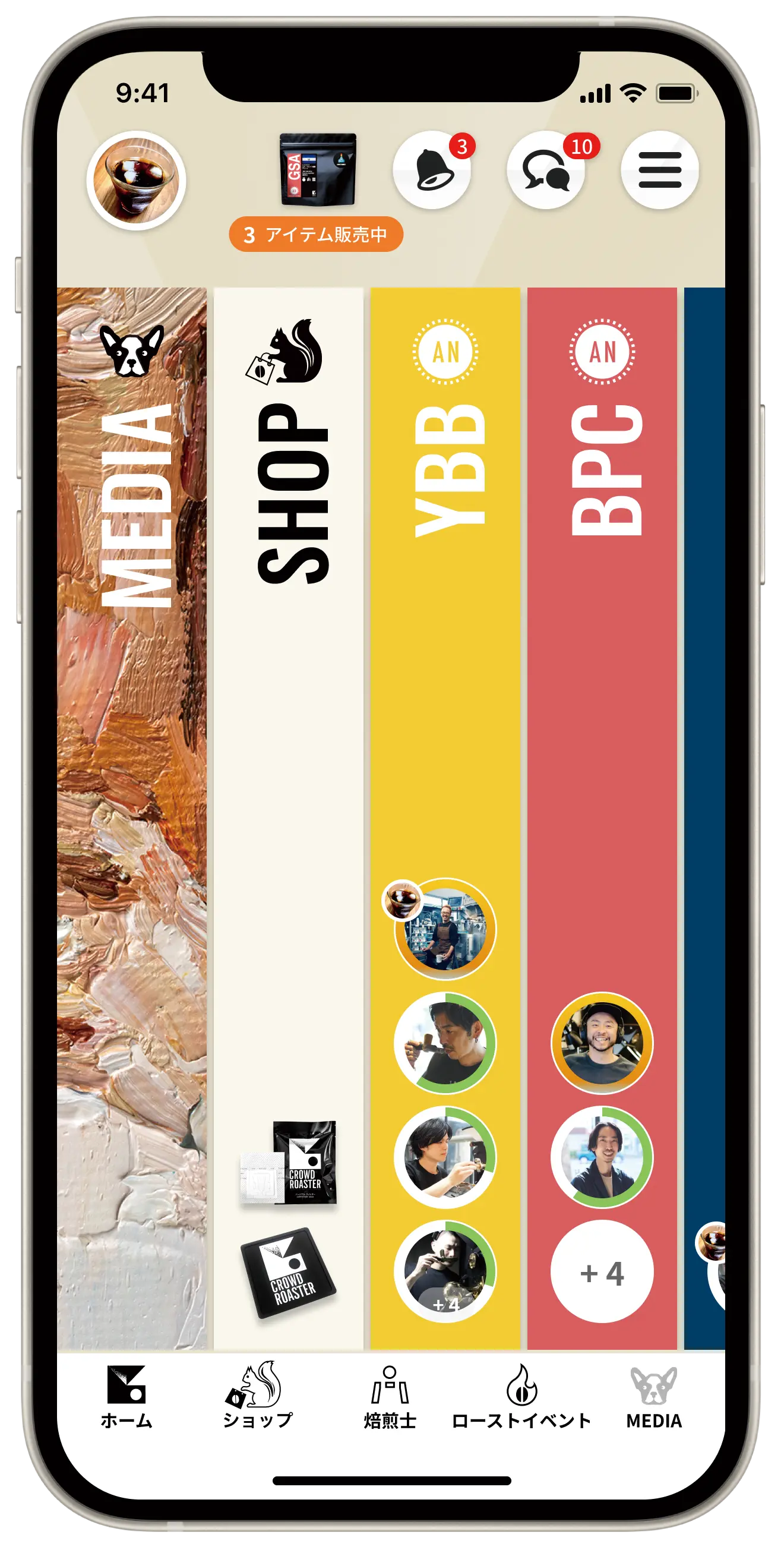Learn more about Cup of Excellence (COE)
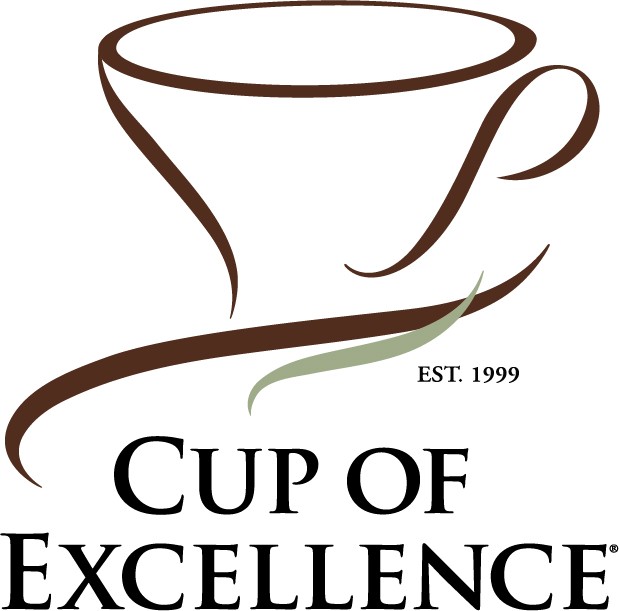
The Cup of Excellence (COE) is an international competition that selects the world's best coffee. Held on a country-by-country basis, it was founded in 1999 by the International Coffee Organization's (ICO) Gourmet Coffee Project and is now run by the Alliance for Coffee Excellence (ACE).
Judging is done by Q graders, who are experts in specialty coffee cupping, and evaluates the coffee on a variety of criteria, including taste, aroma, and flavor.
Coffees selected at COE will be sold at an internet auction. The auction is hosted by ACE and includes roasters and coffee vendors from around the world.
They are sold at high prices at auction, and much of the proceeds are returned to the producers. Producers receive high remuneration and are also able to obtain continued business from buyers as producers of high-quality coffee.
Judging is done by Q graders, who are experts in specialty coffee cupping, and evaluates the coffee on a variety of criteria, including taste, aroma, and flavor.
Coffees selected at COE will be sold at an internet auction. The auction is hosted by ACE and includes roasters and coffee vendors from around the world.
They are sold at high prices at auction, and much of the proceeds are returned to the producers. Producers receive high remuneration and are also able to obtain continued business from buyers as producers of high-quality coffee.
How is COE evaluated?
So, how are COE winning lots selected? Here, we will explain it according to the COE official explanation. This is when 300 stocks are entered.
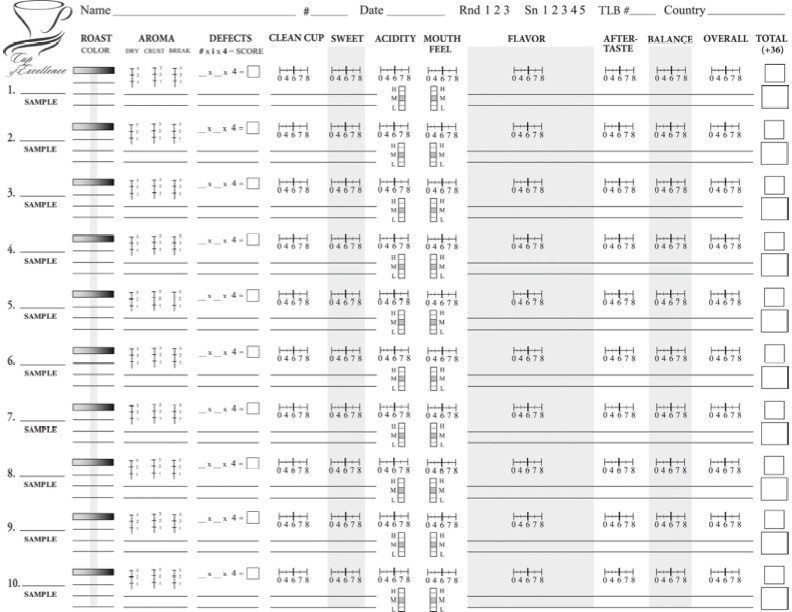
<COE Cupping Form>
COE uses a unique cupping form to score and evaluates in three main stages. First, as a pre-selection, we select the top 150 brands that meet the standards for specialty coffee, that is, have an average score of 86 or higher.
The next stage is a review by around 12 national judges who are qualified in the host country.
We will select the top 90 stocks with an average score of 86 or higher, then the top 40 stocks.
In the final stage, the products are evaluated by 20 to 25 experienced international judges from around the world, including consuming countries such as the United States, Europe, and Japan. First, we selected coffees that received an average score of 87 points or higher, and decided on the best 30 from among them. Stocks that rank in the top 30 with a score of 87 or higher will be considered winners.
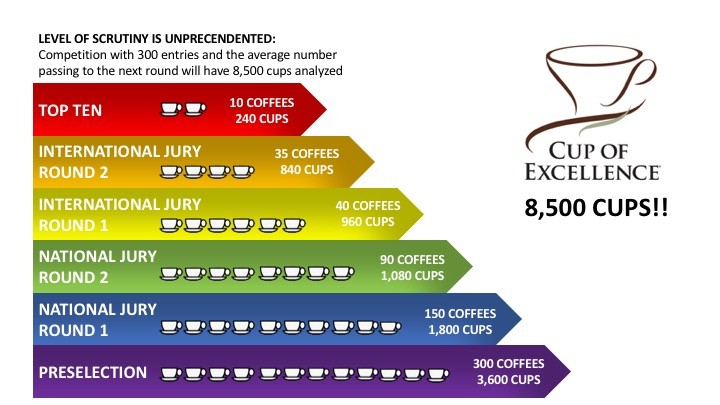
With 300 entries, 8,500 cups will be taken, and the top 10 coffees will be cupped at least 120 times (pictured above).
Among these entries, the top 30 stocks are guaranteed to be auctioned and allowed to be sold as COE winning stocks.
History of COE
A system in which high-quality coffee was evaluated and profits returned to producers did not exist until the concept of specialty coffee was introduced.
In the 1990s, there were demands from consuming countries to improve quality, and the aforementioned gourmet coffee project, which sells superior coffee with added value, began with Brazil as the first model case.
In 1998, an attempt to sell coffee that had been highly rated by Brazilian judges at a premium price failed, but the following year, in 1999, a competition was held inviting famous European and American cup tasters. It received very high praise and was sold at a premium price through an internet auction.
This 1999 competition in Brazil was considered the first COE, and from this success it spread to other producing countries. Since then, it has been held in the following countries:
In the 1990s, there were demands from consuming countries to improve quality, and the aforementioned gourmet coffee project, which sells superior coffee with added value, began with Brazil as the first model case.
In 1998, an attempt to sell coffee that had been highly rated by Brazilian judges at a premium price failed, but the following year, in 1999, a competition was held inviting famous European and American cup tasters. It received very high praise and was sold at a premium price through an internet auction.
This 1999 competition in Brazil was considered the first COE, and from this success it spread to other producing countries. Since then, it has been held in the following countries:
Countries where COE is held
1999 Brazil
2001 Guatemala
2002 Nicaragua
2003 El Salvador
2004 Honduras, Bolivia
2005 Colombia
2007 Costa Rica
2008 Rwanda
2012 Burundi, Mexico
2017 Peru
2020 Ethiopia
2021 Indonesia, Ecuador (The number on the left is the year of the first event. It is not held every year in all countries)
Initially, the initiative was carried out in cooperation with SCAA (Specialty Coffee Association of America), which was striving to improve the quality and popularize specialty coffee, and the cupping foam was also made by SCAA. George Howell and others founded the Alliance for Coffee Excellence (ACE) in 2002.
Separated from SCAA, ACE has established a membership organization and conducts auctions.
In this way, the number of host countries gradually expanded from Central and South America to African countries, and in 2020, the long-awaited event was held in Ethiopia.
In addition to COE, international fairs and auctions such as Best of Panama (BOP) are also held.
Winning a COE award is often an opportunity for a producer or farm to make a leap forward. For example, El Paraiso Farm in Colombia won 10th place at the COE in 2018 for its coffee produced by Double Anaerobic, but the auction It was sold for a higher price than the first-place coffee, and became instantly famous.
It can be said that COE plays a major role in connecting producers and consumer countries.
2001 Guatemala
2002 Nicaragua
2003 El Salvador
2004 Honduras, Bolivia
2005 Colombia
2007 Costa Rica
2008 Rwanda
2012 Burundi, Mexico
2017 Peru
2020 Ethiopia
2021 Indonesia, Ecuador (The number on the left is the year of the first event. It is not held every year in all countries)
Initially, the initiative was carried out in cooperation with SCAA (Specialty Coffee Association of America), which was striving to improve the quality and popularize specialty coffee, and the cupping foam was also made by SCAA. George Howell and others founded the Alliance for Coffee Excellence (ACE) in 2002.
Separated from SCAA, ACE has established a membership organization and conducts auctions.
In this way, the number of host countries gradually expanded from Central and South America to African countries, and in 2020, the long-awaited event was held in Ethiopia.
In addition to COE, international fairs and auctions such as Best of Panama (BOP) are also held.
Winning a COE award is often an opportunity for a producer or farm to make a leap forward. For example, El Paraiso Farm in Colombia won 10th place at the COE in 2018 for its coffee produced by Double Anaerobic, but the auction It was sold for a higher price than the first-place coffee, and became instantly famous.
It can be said that COE plays a major role in connecting producers and consumer countries.
2023.5.18
CROWD ROASTER
If you want to enjoy coffee more deeply
" CROWD ROASTER APP"
Manabu at CROWD ROASTER LOUNGE
・Push notifications for article updates・Full of original articles exclusive to CROWD ROASTER
・Direct links to detailed information about green beans and roasters
App-only features
- Choose green beans and roasters to create and participate in roasting events・CROWD ROASTER SHOP: Everything from beans to equipment is readily available
・GPS-linked coffee map function

